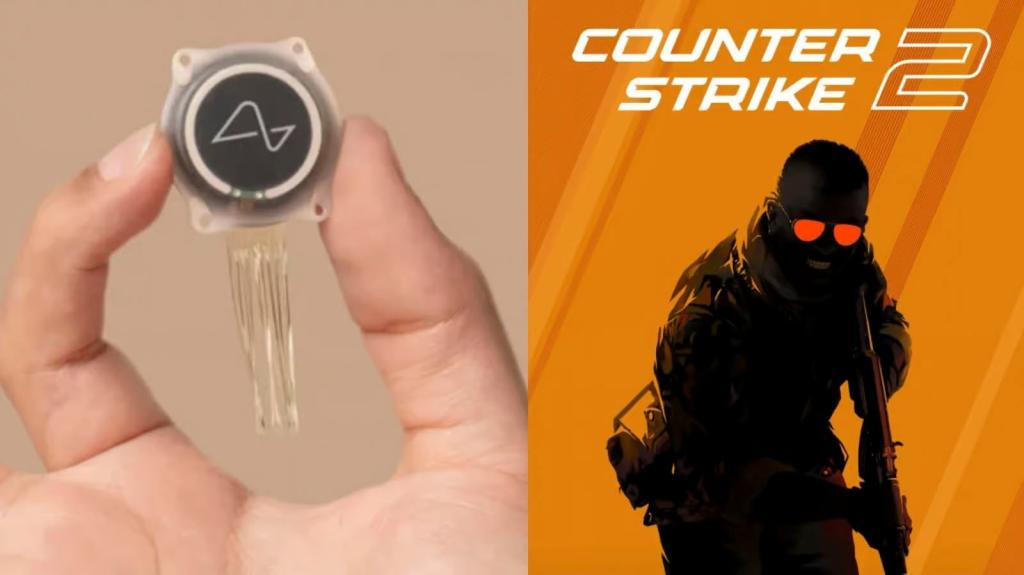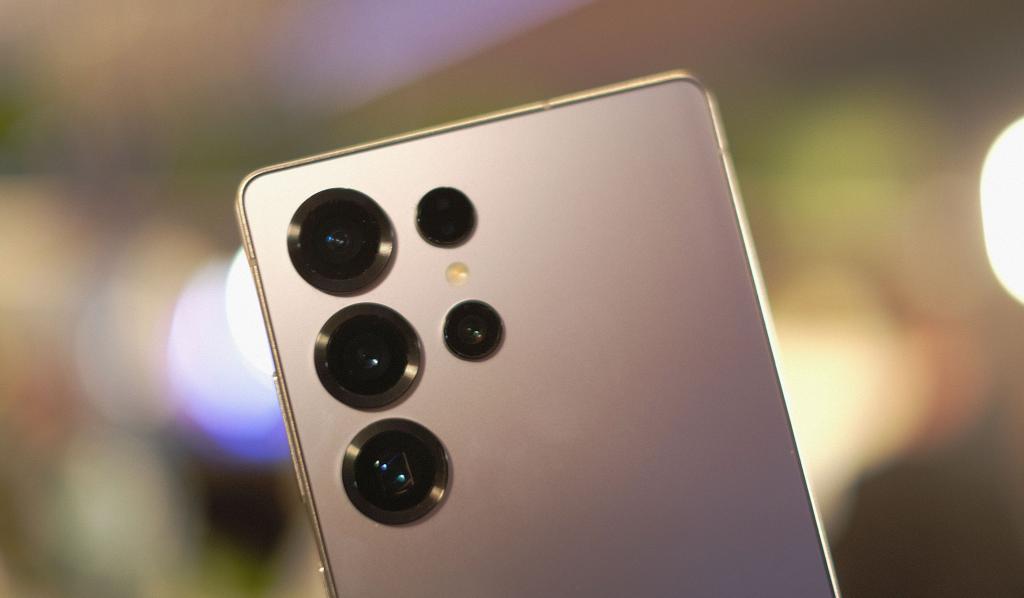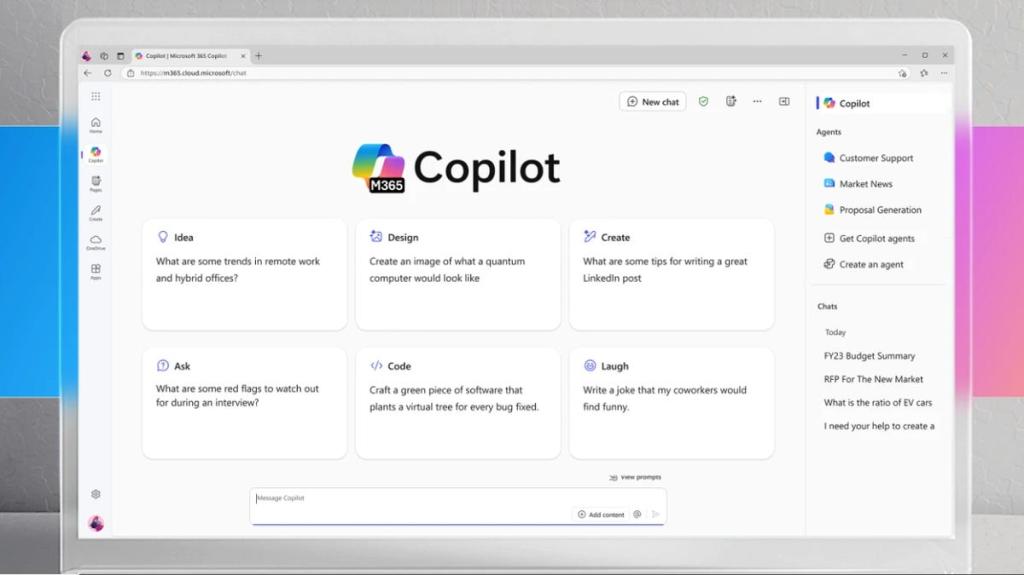Neuralink Empowers Paralysis Patients with Brain Chip Technology
Neuralink's brain chip technology enables paralyzed patients like Alex to control devices and unleash creativity, transforming their daily lives.

Key Points
- Neuralink
's brain chip technology allows paralyzed patients to control devices using their thoughts, significantly enhancing their autonomy.
- Alex, the second patient, has successfully utilized the chip for gaming and 3D design, demonstrating its potential for creativity and productivity.
- Learning from initial patient experiences, Neuralink implemented measures to prevent complications, ensuring improved functionality for future users.
Imagine a world where individuals with paralysis can control digital devices using only their thoughts. This groundbreaking vision is becoming a reality, thanks to Neuralink, the brain-computer interface startup co-founded by
. Recently, Neuralink successfully implanted a brain chip in its second human patient, Alex, who has regained a level of autonomy previously thought impossible for individuals with spinal cord injuries.
In only a few weeks, Alex has showcased remarkable abilities ranging from playing video games to using CAD software for 3D design. With the chip, he can engage in activities that bring joy, creativity, and a sense of normalcy back into his life, illustrating the profound impact that such technology can have on human experience.

A Breakthrough for Accessibility
Neuralink’s initial subject, Noland Arbaugh, had seized the opportunity to explore gaming with a similar chip implant, even calling it like having “an aimbot in my head”. Through his experience, which involved playing
for extended hours, he highlighted the thrill of controlling actions directly with his mind. However, Arbaugh's journey was not without challenges, as he experienced issues with thread retraction— a crucial factor affecting electrode performance.
Neuralink learned from these initial hurdles and implemented vital adjustments during Alex's surgery. By reducing brain movement and minimizing the distance between the implant and brain surface, they successfully avoided the complications faced by Arbaugh. This adaptive approach illustrates Neuralink's commitment to refining technology for optimal performance.
Real-World Applications and Additional Opportunities
A significant aspect of Alex's progress is his ability to design a custom mount for his Neuralink charger using Fusion 360, a software he mastered within days of receiving the chip. This functionality is a testament to the chip's capabilities and the potential for individuals with similar disabilities to participate effectively in creative and productive tasks.
Way Forward: Challenges and Innovations
While Neuralink has made significant strides, challenges remain. The concerns about the long-term safety and efficacy of brain implants persist, especially regarding data integrity and potential cybersecurity risks. The company is already working on more advanced decoding techniques that will enable patients to engage with multiple devices simultaneously, enhancing their independence.
The ambition to create solutions that allow users to control robotic limbs or wheelchairs could radically transform mobility for those with severe disabilities. These innovations aim to fulfill Musk's vision of a future where humans can symbiotically enhance their capabilities with artificial intelligence.
The Implications of Neuralink Technology
Neuralink's developments come at a critical juncture where technology and healthcare intersect. The implications of their advancements extend beyond individual cases like Alex's, suggesting a future where individuals with disabilities are equipped with the tools necessary for greater self-sufficiency.
As we continue to monitor the results of this research and development, one thing is clear: Neuralink is paving the way for a more inclusive society, where everyone has the potential to realize their aspirations, regardless of physical limitations.
Neuralink's journey is just beginning, and the milestones already achieved offer a glimpse into a transformative future. As technology continues to evolve, so too will the lives of those who stand to benefit most profoundly from it.


